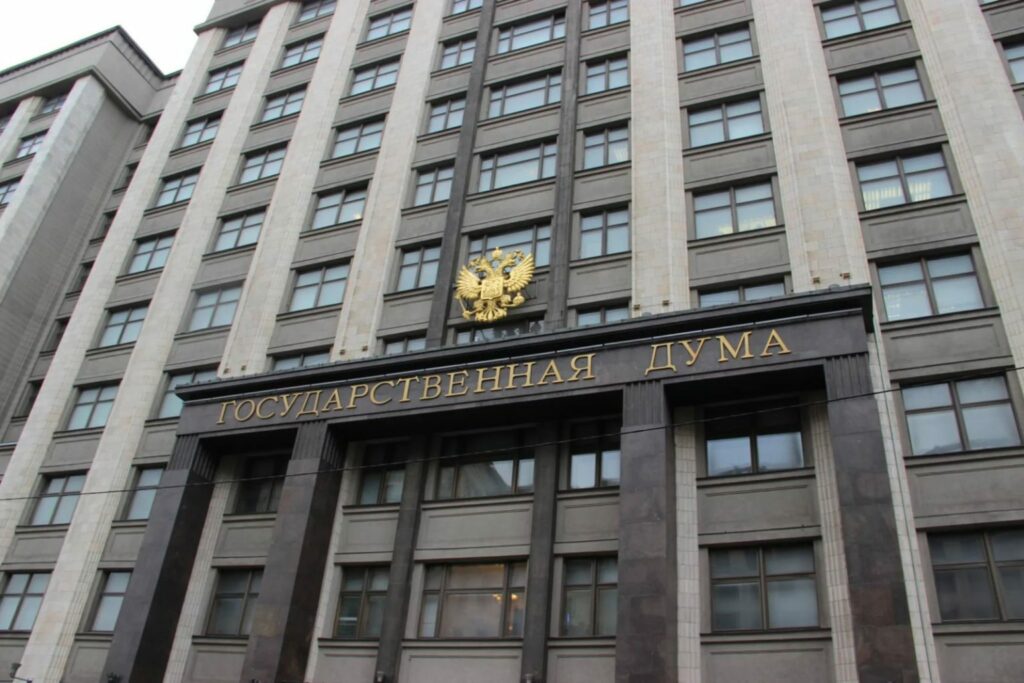Until now, only minors in Russia have been protected from the promotion of non-traditional sexual relationships. Now that the new law has been approved by the Federation Council and signed by the President, such propaganda will be completely banned.
We recall that the ban on the promotion of non-traditional sexual relationships to minors was introduced in June 2013. This helped clean up the information and cultural field in which our children grow up: the state resisted homosexual propaganda in schools, the appearance of colorful comic books in children’s departments of bookstores with pictures and large print, telling kindergarteners that “there is a boy in our group who has two dads,” and holding “gay parades” in the streets and squares of Russian cities. All who wished to organize such events were asked a simple question by municipal authorities: “How do you intend to ensure the absence of children in the public space?”
The usefulness of this law was indirectly confirmed by LGBT activists themselves (both domestic and foreign), who began to shed crocodile tears and claim that “propaganda does not exist,” that “homosexuality can only be congenital,” and that this law will lead to an almost open hunt on gays. Of course, no mass murders of homosexuals have happened in Russia over nearly ten years since the adoption of the first law. In the meantime, it has become clear that homosexuality is not inborn. And in the same way, it has become obvious that not only does homosexual propaganda exist–there is a lot of money and powerful resources of major Western states and international organizations behind it.
However, over the past 10 years it has also become clear that not only is the law banning the promotion of non-traditional sexual relationships useful and just, but also that there are limitations to its implementation. LGBT ideological propaganda left schools, but remained in universities, including those that train pediatricians. Books about “two dads,” apparently aimed at preschoolers, began to appear marked 18+. The novel “Summer in a Pioneer Tie” was published with exactly the same notation, and it instantly became popular among teenagers. The novel is about the relationship of an adult counselor with a high school student. Although the parent community and many State Duma deputies demanded to know if the sale of this book violated the law, Roskomnadzor’s response was disappointing: since the book is labeled “18+,” there is no violation of the law. The fact that it is read by teenagers en masse is irrelevant.
And even with the publication of homosexual propaganda on the internet, the age labeling was just a fig leaf: you can click the button “Yes, I am 18” even though you are 14 or 12…
Another weakness of the 2013 law was that it only banned “propaganda of non-traditional sexual relations.” Whereas ten years ago this was the main danger, the ideology of the LGBT movement has since changed, placing a growing emphasis on the last of the four letters. Around 2015 a massive propaganda of “sex change” among teenagers began in the US and then spread around the world. Already by 2020, there was talk of “a pandemic of gender dysphoria” in the USA (and, as a rule, several girls from the same circle of friends often declared themselves transgender), while in Sweden they found that from 2008 to 2018 the number of diagnoses of gender dysphoria made to teenage girls increased by 1500%. Just think about it: in 10 years the number of such cases has increased 15-fold! And if you think that this propaganda does not exist in Russia or is not as effective as it is in the United States or Sweden, I have to disappoint you: this is not a game of tag and saying “dibs on the house” will not protect anyone.
But the new law will help protect children and young people. First, it introduces a ban on the promotion of non-traditional relationships, not only among minors, but in general–for any audience. Thus, lawmakers closed the “loophole in the law” that allowed propaganda by simply putting the label “18+” in the corner.
Secondly, the deputies significantly increased the fine for such propaganda. So, for example, the fine for individuals will now be 50–100,000 rubles, and if it can be proven that the propaganda was aimed specifically at minors, then the fine will range between 100,000 and 200,000 rubles. For comparison, under the 2013 law, an individual found guilty of propaganda of non-traditional sexual relations among minors had to pay a fine of 4–5,000 rubles. A ridiculous amount!
And third, an important change compared to the 2013 law (incidentally, it only appeared in the new law for the second reading, which was not present in the original version) is the ban on propaganda of “non-traditional sexual relationships and/or preferences or sex reassignment.”
Thus, the new law adopted by the State Duma may become a reliable tool protecting our society–and especially the younger generation–from the destructive propaganda of LGBT ideology. It is a response both to the established practice of circumventing the law a decade ago and to the new dangers that have arisen in the meantime.
Hopefully, in the near future this law will be approved by senators and signed by the President, after which it will come into force.
